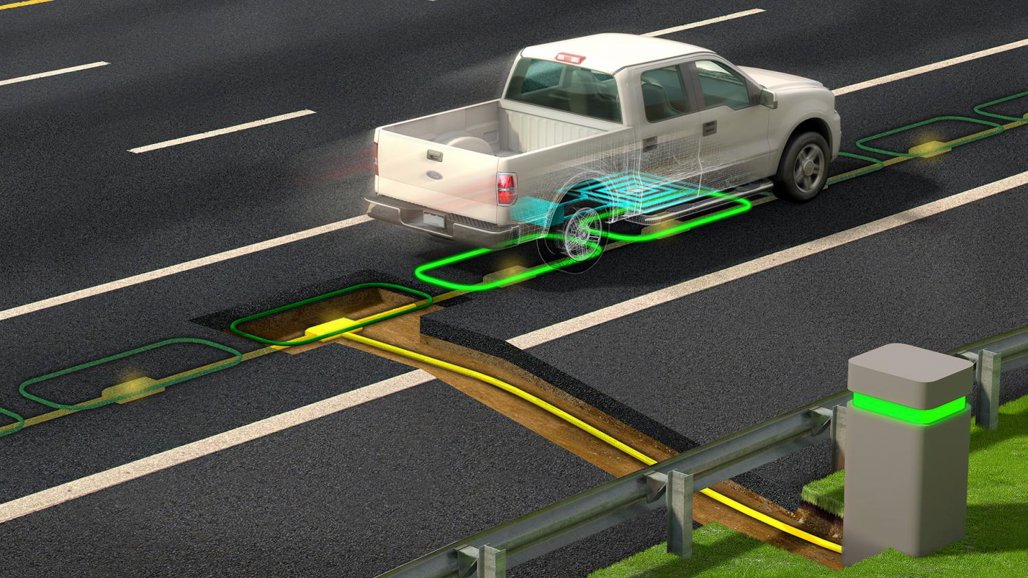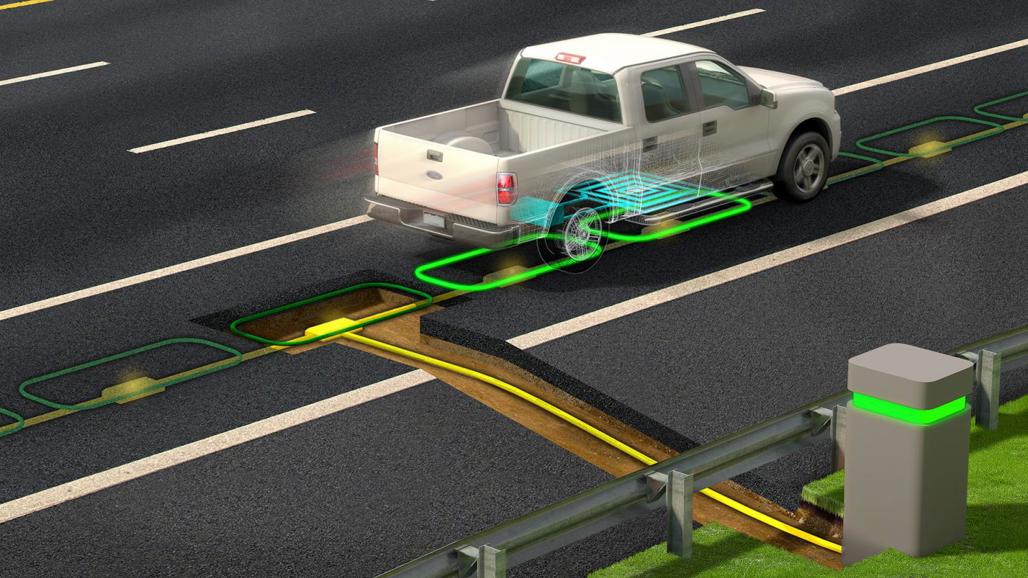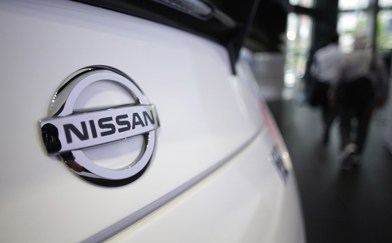New Zealand's drivers are eager to embrace the future of electric vehicle (EV) charging, with a recent survey conducted by researchers from the University of Auckland revealing overwhelming support for dynamic wireless charging technology.
Although not yet commercially available, an overwhelming 93% of the 1150 surveyed existing and potential EV drivers expressed optimism about this technology and their desire to experience it firsthand.
Convenience is key
Dynamic wireless EV charging, a recent breakthrough that uses magnetic resonance to allow battery electric vehicles (BEVs) to charge while driving over special in-road charging lanes, has the potential to revolutionise not only the auto industry but also modern transportation itself.
A key factor driving this enthusiasm is the perceived convenience of dynamic wireless charging. Respondents highlighted the new tech's potential to streamline the charging process, eliminating the need to stop at traditional charging stations and making long journeys more efficient.
"Dynamic wireless charging might not be the best fit for city driving but could be great for long trips between cities," said Dr. Ramesh Majhi, a doctoral candidate involved in the research. "It can help reduce the need for stops at charging stations along highways."
The survey also revealed that individuals with a strong commitment to sustainability were more likely to support the adoption of wireless charging.
Additionally, the survey uncovered that city dwellers were more receptive to the technology compared to their rural counterparts.

Several carmakers, including Audi, Volvo, Hyundai and Kia have already dipped their toes into wireless charging tech, but their efforts have yet to materialise into tangible products.
But some consumer-grade wireless EV chargers are already in the market, and unlike the large-scale road-based systems, these devices are designed for parked charging at home and in public places.
Health and data privacy concerns
While the survey results paint a positive picture, researchers acknowledged several valid concerns surrounding dynamic wireless charging.
Among these are data privacy for consumers, the potential health effects of electromagnetic radiation as a byproduct of the technology and the overall cost of implementing the necessary infrastructure. Government regulation and potential approval may also become a key hurdle for any potential players in this space.
"As we move towards more EVs to cut down greenhouse gas emissions, we need better charging infrastructure," stated Dr Selena Sheng, a senior research fellow involved in the study. "In-road charging lanes could help, but policymakers need to manage the rollout carefully and address people’s concerns."
Is wireless EV charging coming to NZ?
The survey results highlight the growing demand for innovative charging solutions, especially as New Zealand continues its relatively swift transition towards electric mobility.
By addressing key concerns and investing smartly in research and development, policymakers and industry leaders have the opportunity to unlock the full potential of dynamic wireless charging and accelerate the adoption of EVs across the country.
Notably, the race to introduce mass wireless EV charging systems in New Zealand is in full swing, with American firm WiTriCity leading the way, even establishing a local office and product development lab right in Auckland. It might only be a matter of time before the future of EV charging arrives in earnest.





